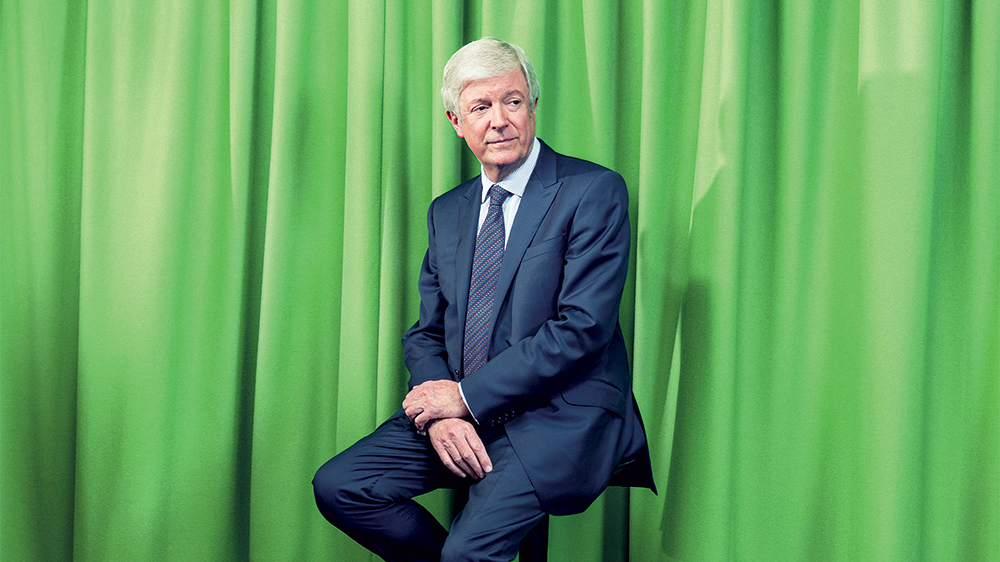BBC Boss Tony Hall Lands at U.K.’s National Gallery
By Manori Ravindran
LOS ANGELES (Variety.com) – BBC director general Tony Hall has been appointed chair of the board of trustees of the National Gallery.
The executive, who has served on the Gallery’s board since November, takes over as chair from Sir John Kingman, who has been interim chair since Hannah Rothschild stood down from the role in September.
Hall said: “The National Gallery houses the greatest collection of paintings – not just in the UK – but the world. It is a hugely important cultural asset for the country and for the many people who visit from across the globe.
“I am proud to take on the role of its chair. The National Gallery isn’t just about serving those who already love art, but reaching a wider audience and future generations.
“The National Gallery is one of our finest institutions and I look forward to working with Gabriele Finaldi, the Trustees, and the wider team, to ensure its continued success.”
Hall’s first term runs to 2024 when he will be eligible to serve a further term, subject to
Prime Minister Boris Johnson’s consideration at the appropriate time of any reappointment as a trustee.
The news follows Hall’s announcement earlier today that he is to depart the corporation after seven years as director general. chairman David Clementi will begin a search for Hall’s replacement, advertising to both internal and external candidates.
Variety understands that top contenders for the role include BBC director of content Charlotte Moore and BBC Studios boss Tim Davie, while external candidates may include Channel 4 chief executive Alex Mahon.
Hall’s move to the National Gallery sees the executive return to the arts world. Prior to joining the BBC, Hall served as chief executive of the Royal Opera House from 2001 until 2012.
His departure from the BBC comes as the broadcaster finds itself in the eye of a political storm centred on the future of the annual license fee of £154.50 ($200.70) per U.K. household, which funds the public broadcaster.
In early December, during his re-election campaign, Prime Minister Boris Johnson said that while he wasn’t planning to get rid of license fees, he was “certainly looking at it” and questioned whether the license fee-centric approach to funding “makes sense” in the long term, given that other media organisations fund themselves.
The BBC’s royal charter guarantees the fee till 2027, after which parliament can debate it, but the amount of the fee can be discussed from 2022 onwards. On Jan. 12, writing in the Financial Times, Hall acknowledged facing funding pressures at a time when global players are investing in content in the billions, but defended the fee model.

